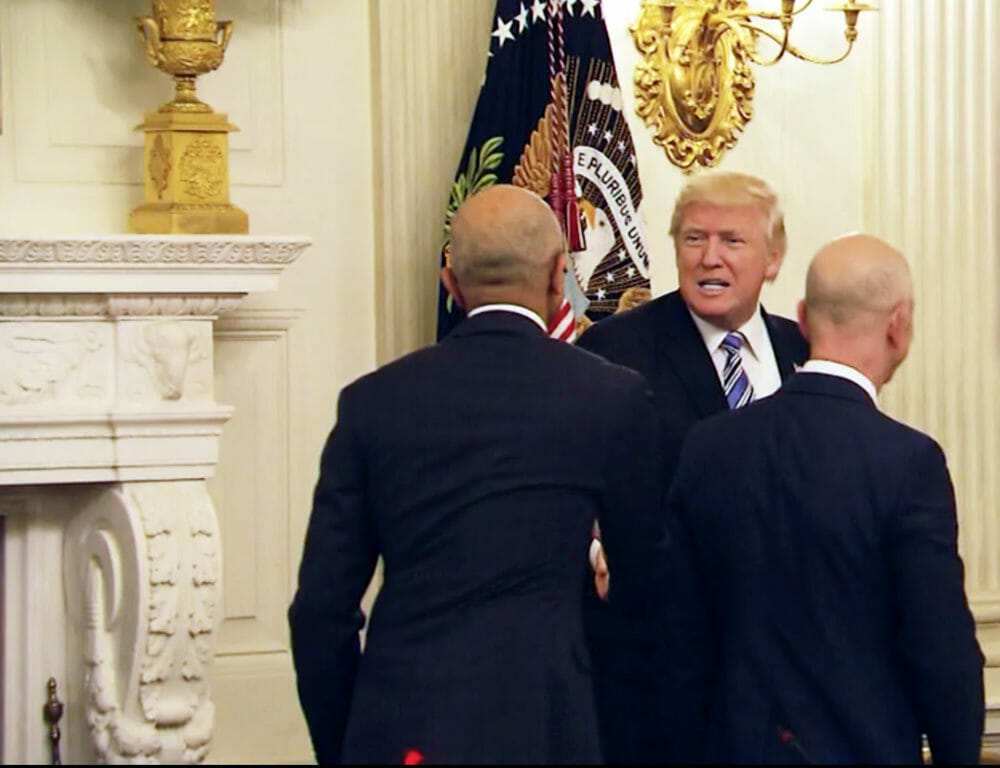The Double Cross (1996)World Health Organization's research arm has downgraded its classification of coffee as a possible carcinogen, declaring there isn't enough proof to show a link to cancer.
But the International Agency for Research on Cancer, or IARC, also announced in a report published on Wednesday that drinking "very hot" beverages of any kind could potentially raise the cancer risk, and it classified them as "probably carcinogenic" to humans.
SEE ALSO: Study ties cellphone radiation to brain, heart tumors in male ratsIn particular, it cited countries including China, Iran and those in South America, where teas such as the bitter herbal infusion mate are traditionally drunk at extremely high temperatures — above 65 or 70 degrees Celsius (150 or 160 Fahrenheit) — considerably hotter than drinks would normally be served in cafes across North America and Europe.
Experts convened by the Lyon-based IARC concluded that there was inadequate evidence to suggest coffee might cause cancer, according to a letter published in the Lancet Oncology.
"I'm not really sure why coffee was in a higher category in the first place," said Owen Yang, an epidemiologist at Oxford University who has previously studied the possible link between coffee and cancer. He was not part of the IARC expert group. "The best evidence available suggests that coffee does not raise the cancer risk," he said.
Drinking very hot beverages, however, just might.
Dana Loomis, deputy head of the IARC program that classifies carcinogens, said they began to look into a possible link after seeing unusually high rates of esophageal cancer in countries where drinking very hot beverages is common.
He said that even at temperatures below 60 degrees Celsius (140 Fahrenheit), hot beverages can scald the skin, and that consuming drinks at even higher temperatures could be harmful.
"I'm not really sure why coffee was in a higher category in the first place"
Loomis said very hot beverages might cause a "thermal injury" in the throat that could eventually promote the growth of tumors, but that evidence was limited. He said there wasn't enough evidence to suggest if eating very hot food might also be risky.
Other experts said that people should remain focused on the leading causes of cancers including of the esophagus and that there were more important changes they could make other than waiting for their drinks to cool.
"Quitting smoking and reducing alcohol consumption are much more significant for reducing cancer risk than the temperature of what you're drinking," said Dr. Otis Brawley, chief medical officer of the American Cancer Society.
Brawley said the cancer risk posed by drinking hot beverages was similar to that posed by eating pickled vegetables.
Still, he welcomed the news that coffee would no longer be deemed a possible carcinogen.
"As a heavy coffee drinker, I have always enjoyed my coffee guilt-free," he said. "But now there is scientific evidence to justify that."
Have something to add to this story? Share it in the comments.
(Editor: {typename type="name"/})
 Uniting Against White Supremacy in Charlottesville
Uniting Against White Supremacy in Charlottesville
 Waymo minivan crash video highlights exactly what happened and how
Waymo minivan crash video highlights exactly what happened and how
 'Black Panther' director commentary reveals sad, new Killmonger fact
'Black Panther' director commentary reveals sad, new Killmonger fact
 Childish Gambino shares powerful, new music video, 'This Is America'
Childish Gambino shares powerful, new music video, 'This Is America'
 The Sad Song of Privilege
The Sad Song of Privilege
Old-School Organizing in the Heartland
 Interviews for Resistance
...[Details]
Interviews for Resistance
...[Details]
The Mountain from 'Game of Thrones' wins World's Strongest Man title
 He was already the strongest man in Westeros. Now he's officially the strongest man on Earth.Haf&tho
...[Details]
He was already the strongest man in Westeros. Now he's officially the strongest man on Earth.Haf&tho
...[Details]
'Tully' writer Diablo Cody talks women in film, on screen and off
 It's rare in Hollywood to find authentic, layered stories about multifaceted women, but the good new
...[Details]
It's rare in Hollywood to find authentic, layered stories about multifaceted women, but the good new
...[Details]
Elon Musk DGAF what anyone thinks of him
 Tesla CEO Elon Musk is losing it.If Wednesday's earnings call was any indication, Musk -- already kn
...[Details]
Tesla CEO Elon Musk is losing it.If Wednesday's earnings call was any indication, Musk -- already kn
...[Details]
Summon Your Tech Kids to the White House Day
 The Future Sucked
...[Details]
The Future Sucked
...[Details]
Six times that food was used in movies for self
 This post is part of Mashable'sMasturbation Week. May is National Masturbation Month, so we're celeb
...[Details]
This post is part of Mashable'sMasturbation Week. May is National Masturbation Month, so we're celeb
...[Details]
Despite Facebook News Feed algorithm changes, fake news still thrives
 The new News Feed is here, but you'd be forgiven for not having noticed. To hear Mark Zuckerberg tel
...[Details]
The new News Feed is here, but you'd be forgiven for not having noticed. To hear Mark Zuckerberg tel
...[Details]
Here's how to survive your graduation ceremony
 On a painfully hot day in May 2015, I donned a long black gown and stood for hours in a field of unc
...[Details]
On a painfully hot day in May 2015, I donned a long black gown and stood for hours in a field of unc
...[Details]
The Secret Policeman at the Marathon
 News from Nowhere
...[Details]
News from Nowhere
...[Details]
People don't totally love the 'Westworld' India park
 WestworldSeason 2, episode 3 didn't begin in any place we've seen. The episode opened on what appear
...[Details]
WestworldSeason 2, episode 3 didn't begin in any place we've seen. The episode opened on what appear
...[Details]
What Philly’s DA Win Looked Like from the DJ Booth

Puerto Ricans never know if they'll have power. This is how they're surviving.

接受PR>=1、BR>=1,流量相当,内容相关类链接。